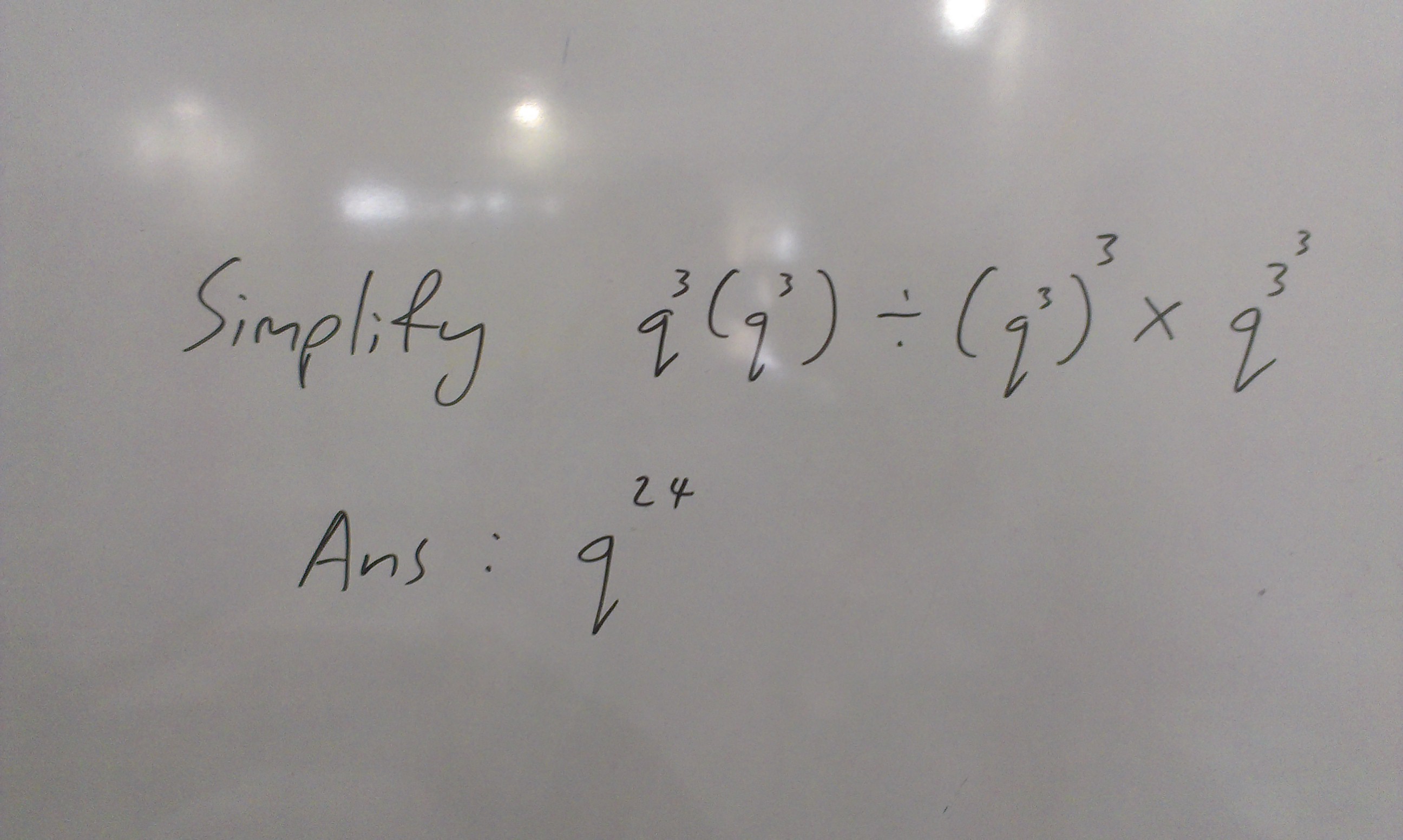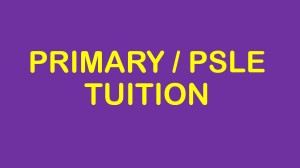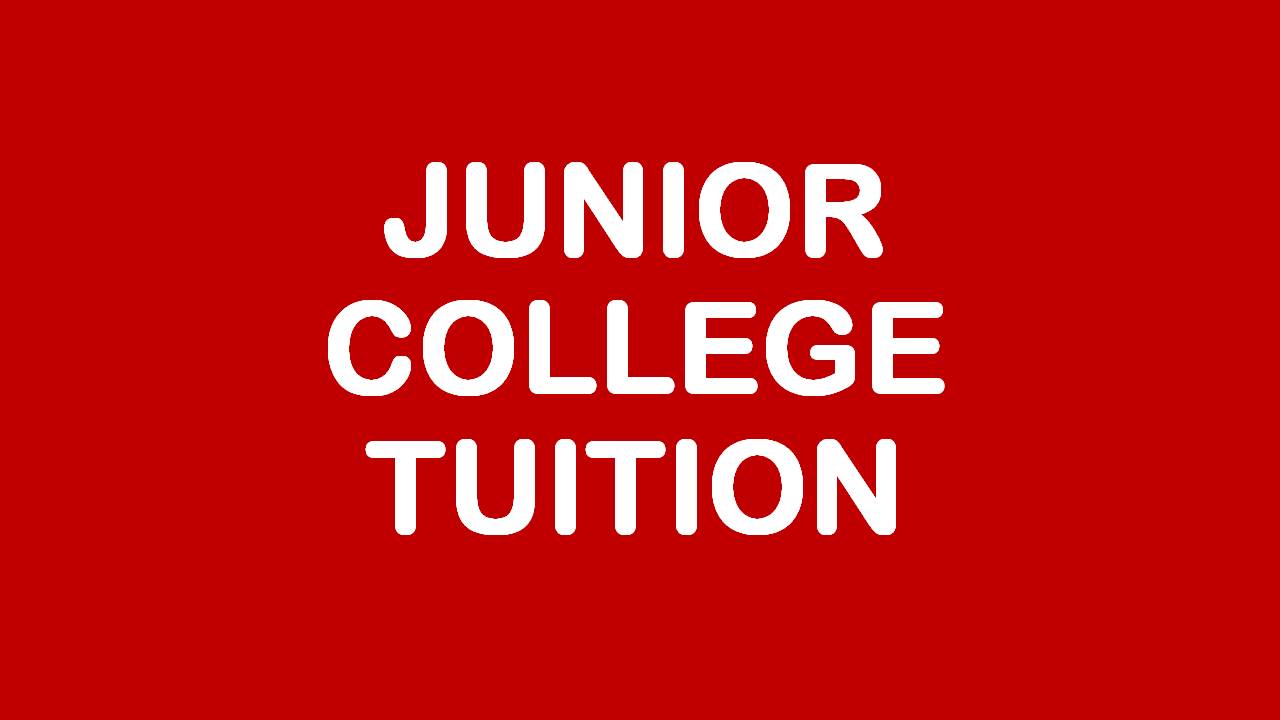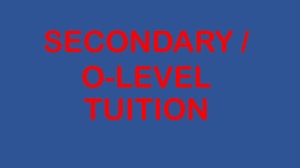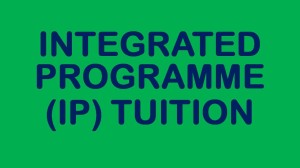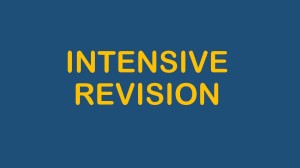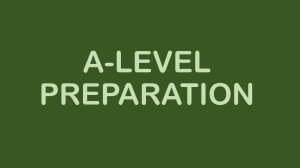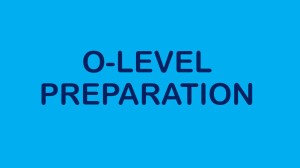Forget the haze. Take a break from your studies and find the following song, and learn a bit of history. : )
WE DIDN’T START THE FIRE (by Billy Joel, 1989)
Harry Truman, Doris Day, Red China, Johnny Ray,
South Pacific, Walter Winchell, Joe DiMaggio
Joe McCarthy, Richard Nixon, Studebaker, Television,
North Korea, South Korea, Marilyn Monroe
Rosenberg, H-Bomb, Sugar Ray, Panmunjom
Brando, The King And I, and The Catcher In The Rye,
Eisenhower, Vaccine, England’s got a new queen,
Marciano, Liberace, Santayana goodbye
We didn’t start the fire
It was always burning
Since the world’s been turning
We didn’t start the fire
No, we didn’t light it
But we tried to fight it
Joseph Stalin, Malenkov, Nasser and Prokofiov,
Rockefeller, Campanella, Communist Bloc
Roy Cohn, Juan Peron, Toscanini, Dacron,
Dien Bien Phu Falls, Rock Around the Clock
Einstein, James Dean, Brooklyn’s got a winning team,
Davy Crockett, Peter Pan, Elvis Presley, Disneyland
Bardot, Budapest, Alabama, Khrushchev,
Princess Grace, Peyton Place, Trouble in the Suez
We didn’t start the fire
It was always burning
Since the world’s been turning
We didn’t start the fire
No, we didn’t light it
But we tried to fight it
Little Rock, Pasternak, Mickey Mantle, Kerouac,
Sputnik, Zhou Enlai, Bridge On The River Kwai
Lebanon, Charles de Gaulle, California baseball,
Starkweather Homicide, Children of Thalidomide
Buddy Holly, Ben Hur, Space Monkey, Mafia,
Hula Hoops, Castro, Edsel is a no-go
U2, Syngman Rhee, payola and Kennedy,
Chubby Checker, Psycho, Belgians in the Congo
We didn’t start the fire
It was always burning
Since the world’s been turning
We didn’t start the fire
No, we didn’t light it
But we tried to fight it
Hemingway, Eichmann, Stranger in a Strange Land,
Dylan, Berlin, Bay of Pigs invasion
Lawrence of Arabia, British Beatle mania,
Ole Miss, John Glenn, Liston beats Patterson
Pope Paul, Malcolm X, British Politician sex,
J.F.K. blown away, what else do I have to say
We didn’t start the fire
It was always burning
Since the world’s been turning
We didn’t start the fire
No, we didn’t light it
But we tried to fight it
Birth control, Ho Chi Minh, Richard Nixon back again,
Moonshot, Woodstock, Watergate, punk rock
Begin, Reagan, Palestine, Terror on the airline,
Ayatollah’s in Iran, Russians in Afghanistan
Wheel of Fortune, Sally Ride, heavy metal suicide,
Foreign debts, homeless Vets, AIDS, Crack, Bernie Goetz
Hypodermics on the shores, China’s under martial law,
Rock and Roller cola wars, I can’t take it anymore
We didn’t start the fire
It was always burning since the world’s been turning.
We didn’t start the fire
But when we are gone
It will still burn on, and on, and on, and on…
We didn’t start the fire
It was always burning
Since the world’s been turning
We didn’t start the fire
No, we didn’t light it
But we tried to fight it
We didn’t start the fire
It was always burning
Since the world’s been turning
We didn’t start the fire
No, we didn’t light it
But we tried to fight it
We didn’t start the fire
It was always burning
Since the world’s been turning
We didn’t start the fire…
http://www.youtube.com/watch?v=6POmPgeLW2U
Btw, do you know what PSI stands for?
Cheers,
Ilyasa
